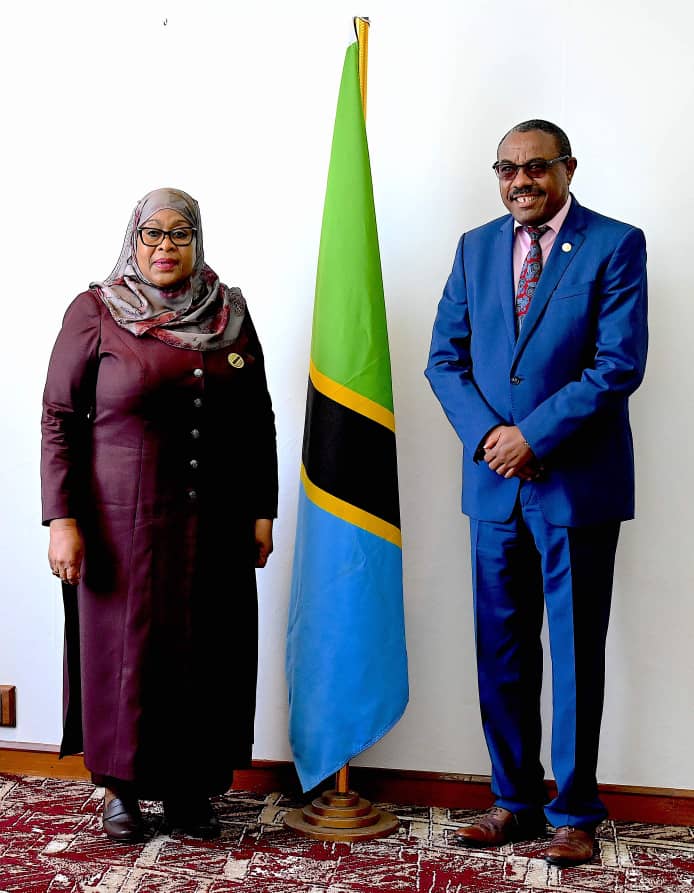
TANZANIA – The vulnerability of Africa’s food security was harshly exposed by the recent Ukraine-Russia conflict. The resulting disruption in grain supplies from these countries to the African continent, accentuated by Russia’s decision not to renew the Black Sea Grain deal, cast a shadow over Africa’s dependency on external food imports.
The Africa Food Systems Summit, recently convened in Tanzania, served as a pivotal platform to address this pressing issue. The summit saw the adoption of critical resolutions targeting enhanced food security for the continent.
In a candid interview with the SABC, former Ethiopian Prime Minister, Hailemariam Desalegn Boshe, expressed his dismay at the continent’s predicament. “It was embarrassing for Africa to be found wanting when the war in Ukraine led to the continent struggling to access grain,” he remarked. The scenario highlighted the ironic dependence of Africa on external sources despite it housing 60% of the world’s uncultivated arable land.
Boshe further elaborated on the essential distinction between food security and food sovereignty. While the former relates to the availability and accessibility of food, the latter denotes the power and control over one’s food sources. He emphasized the pressing need for Africa to strive not just for food security but also sovereignty.
The summit’s deliberations revolved around harnessing Africa’s vast potential. Boshe cited Ethiopia as a case in point, where strategic engagements over the last few years have culminated in the nation not only meeting its food needs but also producing a surplus. The same resurgence can be observed in Zimbabwe, once reliant on external food sources, but now emerging as a food basket in its own right.
Boshe underscored the wealth of natural resources Africa boasts. From the fertile terrains of the Limpopo River Basin and the Niger-Senegal River Basin in West Africa to the rich potential of the Omo Nile River Basin and the vast regions surrounding Lake Malawi, Lake Tanganyika, and Lake Victoria. He advocated a focused approach to harness these ‘food baskets’ to rapidly boost Africa’s agricultural output.
Projecting a hopeful future, he envisioned that in the next five years, Africa could transform from a net importer to a net exporter of staple crops, including wheat, rice, and a variety of oilseeds.
___
Source | Kilimokwanza
